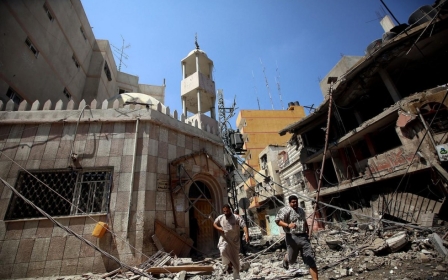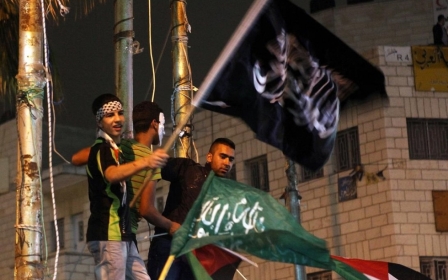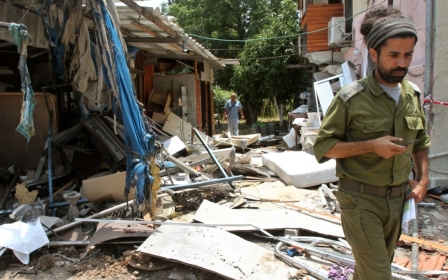Israeli cost of Operation Protective Edge

As Israel's military onslaught against the Palestinian Gaza Strip, dubbed Operation Protective Edge, enters its 17th day, losses on the Israeli side go beyond the death of 29 soldiers and 3 civilians.
On Tuesday, a 24-hour ban was placed by a number of international aviation companies to prohibit flights to/from Tel Aviv due to fears over the safety of planes.
The ban will put further strain on the Israeli economy, which has suffered setbacks from the early days of the military offensive.
After the first week of the Israeli strikes, international carriers have witnessed a 10% reduction in the number of passengers, as both Israelis and foreign tourists cancel their trips. Domestic flights went down by 15% amid delays in take-offs and landings.
During that same period, travel agents reported drops of 30-60% in reservations, and up to 70% in retail sales in Sderot.
Also as a consequence of the launch of the military operation, the deliberations over the 2015 national budget were put on hold.
Small businesses in Israel have reportedly suffered, leading many of them to borrow for survival and prompting government calls on tax offices to be more flexible with them.
Movement of goods through the Ashdod Port were reported to have dropped about 30% during the first week of the onslaught, while local farmers near the conflict zone have also suffered.
Hamas rocket attacks in the first eight days of the Israeli offensive cost Israel 101 million US dollars, according to the country's Manufacturers Association.
And 12 days into the conflict, Israeli defence officials reported government losses of 585 million US dollars.
In the south of Israel, many workers have reportedly not been going to work for fear of being hit by rocket fire, as the country struggles to provide shelters for all areas at risk.
A third week into the conflict, Israeli factories have reportedly sustained a combined total of about 130 million US dollars.
Following the Israeli government compensation to businesses in the south, there have been calls to extend the aid to companies in the middle of the country too, as they have also suffered as a consequence of the conflict.
However, Israel's financial markets – including the currency market – have not reacted yet, as market players expect the conflict not to drag on.
As a result of the conflict, the Israeli government will increase its military spending at the expense of civilian one, and economists have begun lowering their forecasts for Israeli growth.
Economists also warn that Israel risks lower credit ratings, coupled with higher interest costs, while the tourism sector is expected to continue to suffer for a while even after the halt of military operations.
Middle East Eye propose une couverture et une analyse indépendantes et incomparables du Moyen-Orient, de l’Afrique du Nord et d’autres régions du monde. Pour en savoir plus sur la reprise de ce contenu et les frais qui s’appliquent, veuillez remplir ce formulaire [en anglais]. Pour en savoir plus sur MEE, cliquez ici [en anglais].




